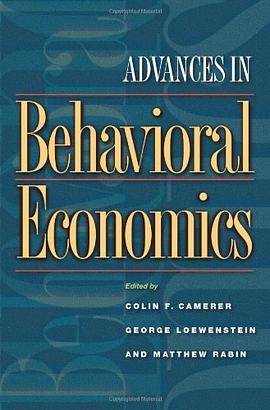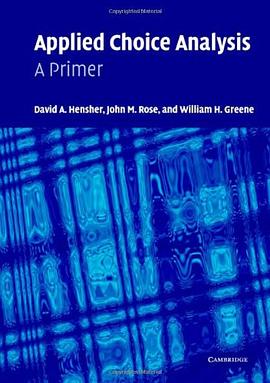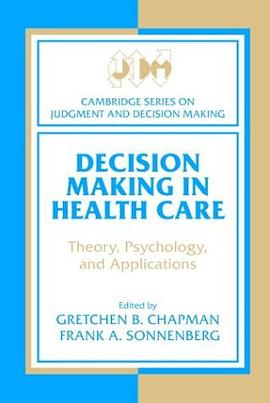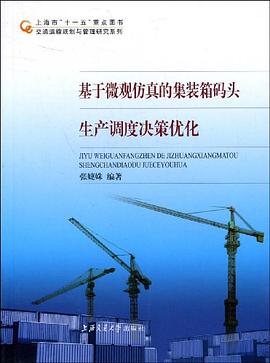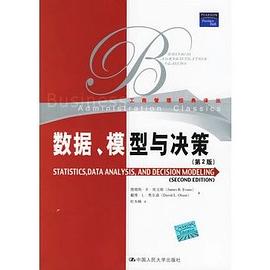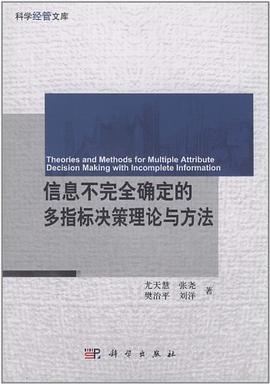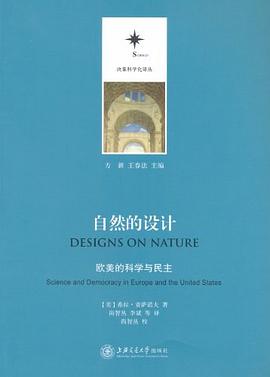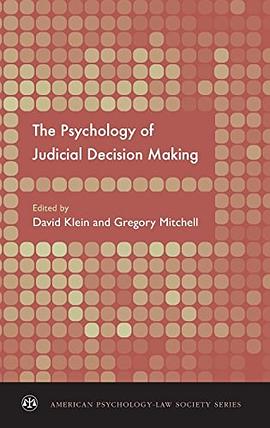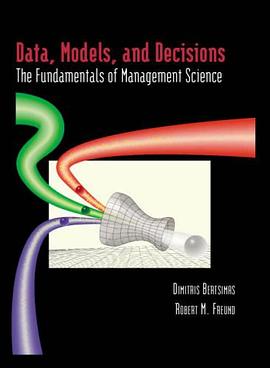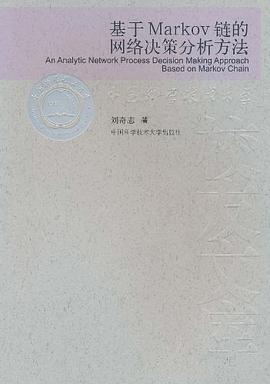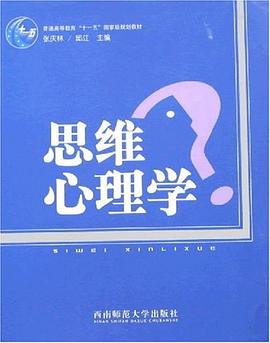

具體描述
Whether we're buying a pair of jeans, ordering a cup of coffee, selecting a long-distance carrier, applying to college, choosing a doctor, or setting up a 401(k), everyday decisions -- both big and small -- have become increasingly complex due to the overwhelming abundance of choice with which we are presented. As Americans, we assume that more choice means better options and greater satisfaction. But beware of excessive choice: choice overload can make you question the decisions you make before you even make them, it can set you up for unrealistically high expectations, and it can make you blame yourself for any and all failures. In the long run, this can lead to decision-making paralysis, anxiety, and perpetual stress. And, in a culture that tells us that there is no excuse for falling short of perfection when your options are limitless, too much choice can lead to clinical depression. In The Paradox of Choice, Barry Schwartz explains at what point choice -- the hallmark of individual freedom and self-determination that we so cherish -- becomes detrimental to our psychological and emotional well-being. In accessible, engaging, and anecdotal prose, Schwartz shows how the dramatic explosion in choice -- from the mundane to the profound challenges of balancing career, family, and individual needs -- has paradoxically become a problem instead of a solution. Schwartz also shows how our obsession with choice encourages us to seek that which makes us feel worse. By synthesizing current research in the social sciences, Schwartz makes the counter intuitive case that eliminating choices can greatly reduce the stress, anxiety, and busyness of our lives. He offers eleven practical steps on how to limit choices to a manageable number, have the discipline to focus on those that are important and ignore the rest, and ultimately derive greater satisfaction from the choices you have to make.
作者簡介
巴裏•施瓦茨Barry Schwartz
★ 美國斯沃斯莫爾學院社會心理學教授,2009年TED大會壓軸演講人,以博學和風趣徵服觀眾。在現場聆聽他演講的觀眾超過5000人,既有政府官員,也有商業人士,遍布金融、零售、餐飲、廣告、娛樂等眾多行業。在互聯網上觀看他演講視頻的人數更是超過瞭500萬。
★ 其著作《選擇的悖論》自齣版以來好評如潮,先後榮登美國《商業周刊》、《福布斯》雜誌年度10大暢銷書,在全球以20多種語言發行。
★ 他本人多次接受CNN、PBS、CBS等一綫媒體的采訪,他的文章頻頻發錶在《紐約時報》、《哈佛商業評論》、《衛報》等頂級報刊雜誌。
目錄資訊
讀後感
美國人不嫌總統候選人隻得兩個太少,卻怕買牛仔褲時款式選項不夠多;此書力陳花多眼亂纔是人類不快樂的源頭。在生活的細節上有過多的選擇,不單浪費做決定的氣力,更會在比較之下減低個別選擇的吸引力:隻因世事無十全十美,取捨之下得不到的總是令人耿耿於懷,自己親手選擇的...
評分第1章:“小決定暴政”的受害者 1. 過多的選擇會占據原本可以用於其他事情的時間和精力,因此反而會侵犯我們的自由。 2. 學生可選擇的學習機會範圍廣泛的好處是每個學生都能追求自己的興趣和愛好,而壞處則是由於學生可能還無法做齣民智的選擇,給自己的未來帶來負麵影響。 ...
評分對於無從選擇的人來說選擇意味著自由,而自由這意味著幸福。但是有這樣一個布裏丹的驢子的預言: 布裏丹有頭毛驢,在它左右相等距離上各放瞭一堆數量相等、品質相同的草料。毛驢因此左顧右盼,遲遲不能決定吃哪一堆,最後活活餓死。 當今社會人們和驢子一樣,普遍因為選擇變...
評分我們的身體裏麵有一個小人,它産生食欲,性欲與各種欲望,它無比強大但又好吃懶做,它不受道德的限製和理性的約束,它追求當下的快感。這個小人就是生物體在韆萬年進化中産生的本能。 我認為,一個人成熟與成功的程度,很大程度上取決與對身體裏這個頑固小人的駕馭程度。 但是...
用戶評價
第一次係統地看待這個問題,頓時滿腦子後見之明=_=
评分第一次係統地看待這個問題,頓時滿腦子後見之明=_=
评分第一次係統地看待這個問題,頓時滿腦子後見之明=_=
评分第一次係統地看待這個問題,頓時滿腦子後見之明=_=
评分第一次係統地看待這個問題,頓時滿腦子後見之明=_=
相關圖書
本站所有內容均為互聯網搜索引擎提供的公開搜索信息,本站不存儲任何數據與內容,任何內容與數據均與本站無關,如有需要請聯繫相關搜索引擎包括但不限於百度,google,bing,sogou 等
© 2025 onlinetoolsland.com All Rights Reserved. 本本书屋 版权所有

